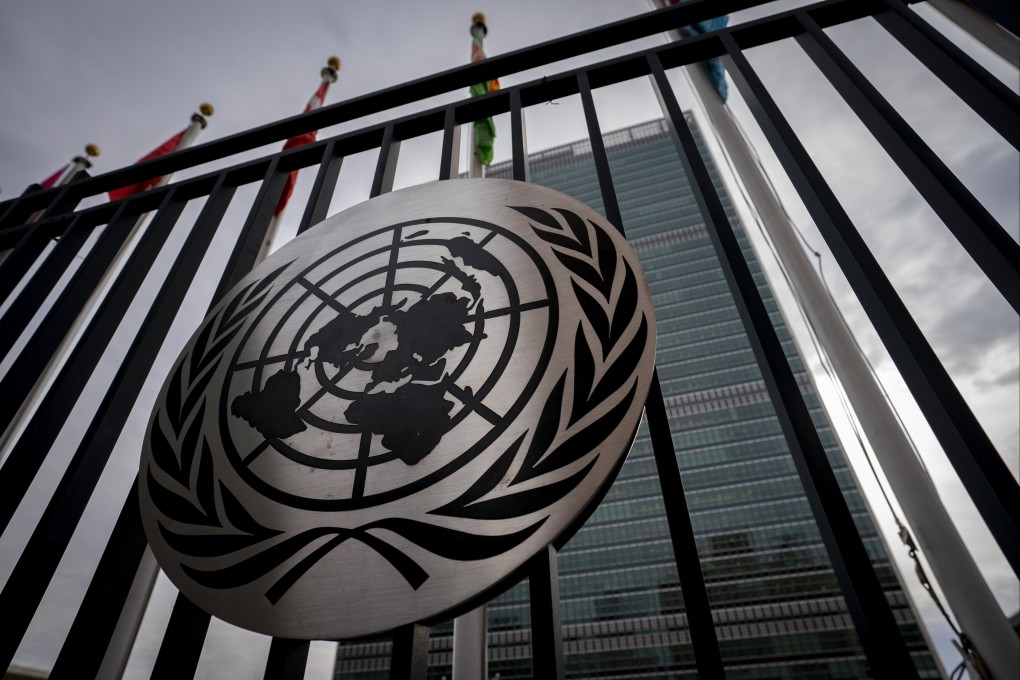Editorial | Rare UN consensus on AI a good start but more cooperation is key
- It is unusual for the world’s nations to unanimously approve a resolution, but when it came to carefully handling the development of artificial intelligence, all 193 members – including the United States and China – were on board

Securing a consensus among the world’s many nations is never easy to achieve, especially on pressing and complex issues. But the 193 members of the United Nations General Assembly did that last week, with unanimous backing for a resolution on artificial intelligence (AI). It is the first of its kind.
The agreement, led by the United States but co-sponsored by more than 120 countries including China, is a welcome step towards greater global cooperation in the fast-developing area. More than three months of intense negotiations were needed to finalise the text.
It is well understood that AI’s rapid advance brings far-reaching potential benefits but also great risks. Governments have been scrambling to keep pace with developments and are making initial efforts to regulate the industry. But there is much work to be done.
The United Nations resolution aims to ensure that the world’s nations collaborate to enhance the benefits of AI while limiting risks. The aim is to achieve “safe, secure and trustworthy AI systems”. It stresses that human rights must be protected and international law respected as the technology develops.
The agreement highlights the need for AI to help achieve the UN’s sustainable development goals for 2030, which are lagging. These include fighting poverty and hunger while striving for better education, public health, a cleaner environment and peace.
A much-needed narrowing of the global digital divide, ensuring developing countries have fair access to the new technology and the benefits it can bring, is another key component of the resolution. It calls for the development and use of AI to be reliable, explainable, ethical, inclusive and human-centric.
